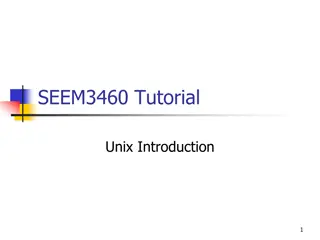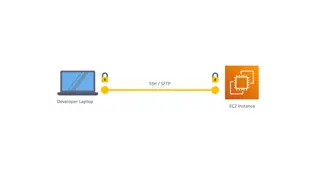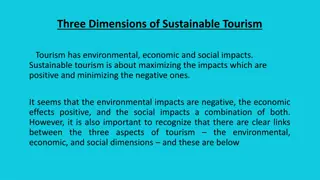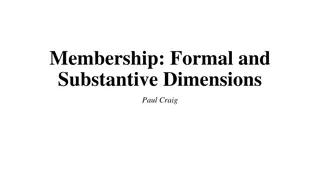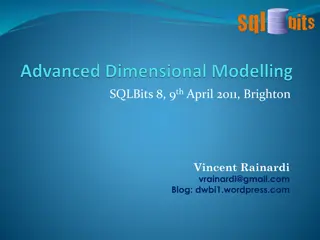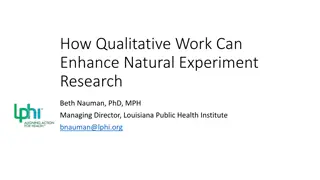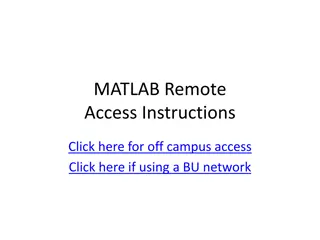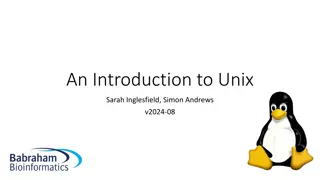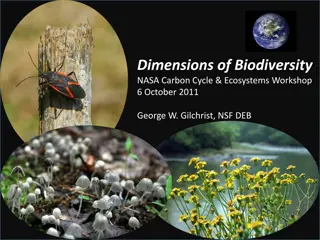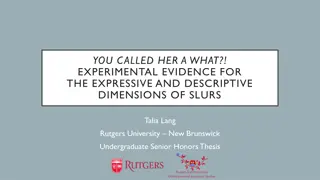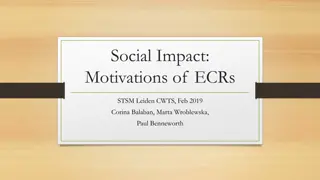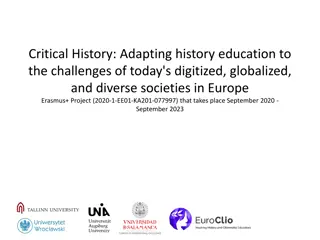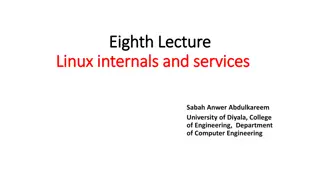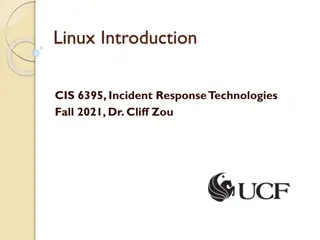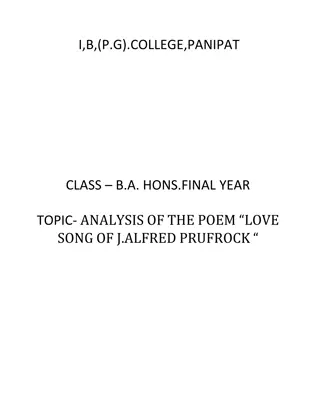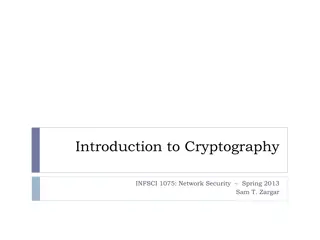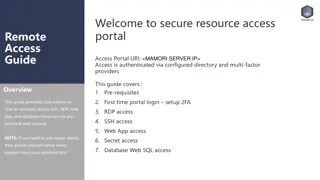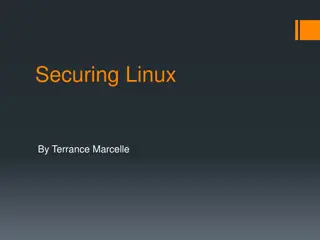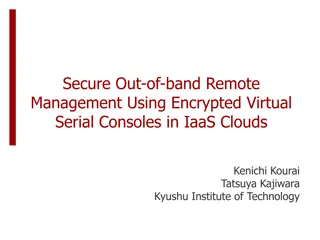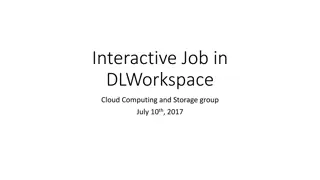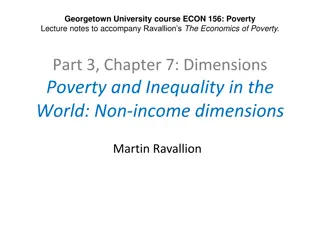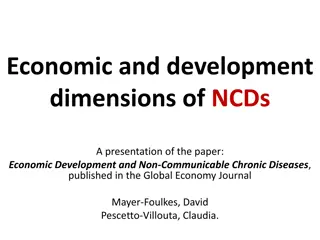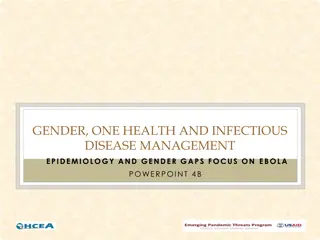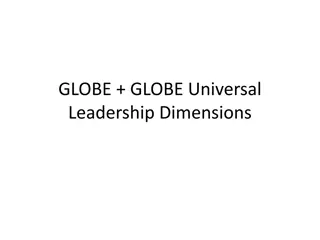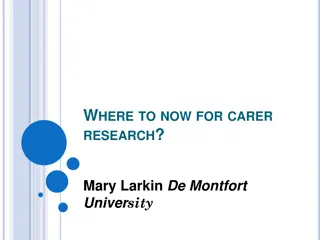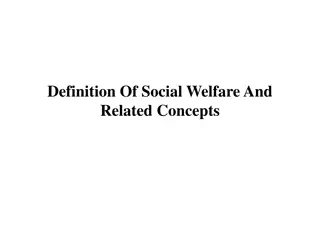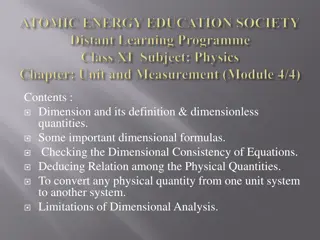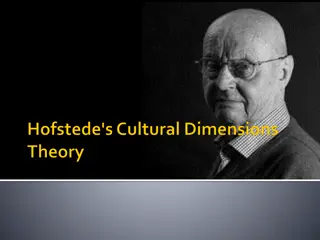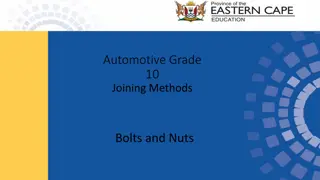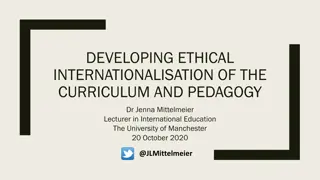Understanding the Key Dimensions of SSH Research Societal Impact
Exploring pathways to societal impact through SSH research, this presentation delves into the mechanisms and processes that lead to impactful interactions with society. It challenges the focus on physical outputs and emphasizes the importance of studying the ways in which SSH researchers engage with and influence society. Through examining diverse case studies and data from SSH impact cases worldwide, the research aims to uncover the motivations, key players, obstacles, and supportive elements that contribute to societal impact.
Download Presentation

Please find below an Image/Link to download the presentation.
The content on the website is provided AS IS for your information and personal use only. It may not be sold, licensed, or shared on other websites without obtaining consent from the author. Download presentation by click this link. If you encounter any issues during the download, it is possible that the publisher has removed the file from their server.
E N D
Presentation Transcript
Impact Training School, Zagreb, Croatia 13th February 2018 Pathways to societal impact understanding the the key dimensions in developing SSH research societal impact Reetta Muhonen, Julia Olmos-Pe uela & Paul Benneworth
Structure Background: research needs and starting points for studying SSH impacts Aim of the research, research question and data Meta-analysis Typology of SSH Pathways to societal impact Example cases Questions for future research
Background: Whywestudy impactpathwaysof SSH fields? Impact discussions are driven by natural and technological fields and their seemingly more direct links to innovation, business and national economies (Alastalo, Kunelius & Muhonen 2014, Frodeman 2017). If SSH fields are included into impact discussions, they are presented as servants of other fields - typical SSH examples of impacts are not the things SSH fields really do, but what they occasionally do, like examples from contributing and collaborating with engineering, health care, climate change and energy (Sivertsen 2017).
() the most problems need to be managed not solved. Attempts at solutions , that is, a complete and tidy resolution of a problem, are typically too top down, inflexible and authoritarian in nature. (Frodeman 2017)
Background -whywestudy processesinsteadof outputs? There is a need to shift impact discussions from physical outputs to impact processes and activities - as achieving societal impact can be regarded as uncertain, complicated, long-term and context-specific, the focus in research should be addressed to mechanisms through which SSH researchers interact with society, instead of addressing impacts per se (Miettinen et al 2015).
Research question Research question What are the mechanisms of SSH research leading to societal impact?
Data Total of 61 SSH impact cases, from 17 countries, gathered by ENRESSH members Data was collected on the following topics: 1) motivation of researchers to aim for the specific societal impact, 2) key people involved 3) the societal impact itself 4) productive interactions, 5) obstacles, 6) support and 7) evidence of use and relevance.
Meta-analysis of impactcases Countries (17) Social sciences Humanities STEM Finland, Iceland, Norway public finance, administrative law, human geography history, philosophy medicine, chemistry Belgium, France, Germany, Netherlands, Switzerland, UK sociology, , religion studies political science, social work, criminology, educationl sciences, psychology archeology, ethnology, cultural antrophology, industrial engineering, architechture Croatia, Estonia, Serbia, Slovakia journalism, communication sciences, science studies, gender studies, cultural studies linguistics, philology, music, theatre studies, classical studies, documentarism Cyprus, Italy, Spain, Portugal multidisciplinary research
Meta-analysis: typeof knowledgeplaying a keyrole in impact cases research question research process content approach method expertise concept theory product
Modesof interaction scientific publishing, publishing for wider audience (regular) interaction with stakeholders or other disciplines media engagement, public engagement, research engagement policy legislation epistemic training
Operationalisation of RQ The focus of this study is on the impact of academic research at least one researcher was required to be within an academic institution We defined scientific research, broadly, merely requiring the originating researcher to have a material link to a university/research centre related to the impact production. Empirically, the data covers a range of cases from the exploitation of decades of research experience in expert settings to publishing a scientific book to popular acclaim. Operationalised RQ: Without what impact would not have occured?
The public engagementmodel publicity is needed for the impact and results of research are taken into action by using society as a laboratory All male panel, Finland Researcher and feminist started to keep blog Congrats, you have an All male panel . The idea was to report on the scientific and expert panels, board of trustees and committees, which consist only of male members. Whenever the researcher encountered with a panel consisting only of male members, she published the picture of the panel on her blog and put a stamp of the white male actor, David Hasselhoff on it. The website started to work on the basis on public denunciations on all male panels. Until now, website has had over 180 000 thousands visitors. From the website s archive it is possible to follow the amount of denunciations of all male panels.
The seizetheday model something happens ranging from ongoing policies and hot topics brought up in media to coincidences, like natural catastrophes and terrorist attacks, which makes suddenly some topics more relevant than others 11Mourning archive, Spain 11 March 2004, ten bombs exploded within minutes of each other on four trains in Madrid. People left in the stations innumerable texts and objects of very diverse nature. The research group studying rituals of mourning proposed an urgent anthropological project to collect, protect, document and organize in an archive and analyze the signs of mourning that took place after the attacks. Besides being useful for researchers in the field, the archive is worthwhile for psychologists, teachers and experts of social welfare and civil protection.
The social innovation model work starts independently and then at some point two sides come back together Geolinguistics (and ICT specialists) Voice passport, Spain The goal of the research was to facilitate the characterization of peninsular Iberian Romance varieties The all variants of each word found in different villages were expressed in phonetic transcription, so that it could be read by linguists from anywhere. Geolinguists started collaboration with phonetics laboratory and ICT specialists Each person has a kind of "voice passport" that, combining knowledge of lexicon, accent, etc. allows identifying a speaker almost like a fingerprint. This capacity has been used by the Spanish scientific police in the identification of criminals
Research processas a keyto impact Research engagement as a therapy Child abuse, Finland The research interest was to identify the failures of child welfare system in Finland (1937- 1983) and make recommendations for the future on how to avoid neglect, abuse and violence against children. For some of the informants (former clients of child care), the interview was the first time to tell about the neglects they had gone through. Former childcare patients felt they have finally been heard. There was also a strong will to make an influence so that nobody would ever be treated as I was . Some of the patients started also to find out their missing siblings after the interviews.
Theknowledge creeps into society it can take a change from one generation to another to really feel the impact Sign language, Iceland The lack of knowledge and understanding of sign language in society was a prime motivating factor to start to a study aiming at strengthening of full citizenship of deaf signers and to the protection of their linguistic heritage in the beginning of 21st century. The research was conducted in tight collaboration between researchers at the University of Iceland and the Communication Centre for Deaf and Hard of Hearing (SHH). There is a better understanding of the users own responsibility for their language among language users. In 2011 a new law on the Icelandic sign language was adopted, giving Icelandic sign language an equal status to spoken Icelandic.
Why we need deeper understanding on SSH engagement in society? a) to enable SSH researchers to meet better practical problems in relation to impact processes, b) to demonstrate how to articulate the societal impact of the research as a part of funding applications and for evaluation purposes, c) to advice universities and policy makers in how to support SSH research in achieving societal impact.
Questionsfor the future studies Are there differences inside SSH fields? How different SSH fields are from STEM fields? What are the differences between basic and applied oriented fields in relation to impact activities? How universities support impact processes? E.g. there is much talk abou how to measure impact in Finland. How about paying the ways how universities support impact practices?
Literature Alastalo, Marja, Kunelius Risto & Muhonen, Reetta (2014) Evidence to elites and international excellence science? Imaginaries of use value as resources of science policy (in Finnish). In R. Muhonen & H.-M. Puuska (eds.) The Use value of social sciences (in Finnish). Tampere: Vastapaino. Frodeman, Robert (2017) The Impact agenda and search for the good life. Palgrave Communications. Published Online February 14th. Miettinen, Reijo, Tuunainen, Juha & Esko, Terhi (2015) Epistemological, artefactual and interactional institutional foundations of social impact of academic research. Minerva, 53 (3), 257-277. Muhonen, Reetta, Olmos-Pe uela, Julia & Benneworth, Paul (xxxx) From productive interactions to productive science system dynamics - understanding the key dimensions in developing SSH research societal impact. Article manuscript. Research Evaluation, (submitted). Sivertsen, Gunnar (2017 ) Frameworks for understanding the relations between research and society. A discussion based on evidence from the humanities. Slides for the ENRESSH meeting at CHEPS, University of Twente, 20th February. Weiss, Carol (1979) The many meanings of research utilization. Public Administration Review 39:5, 426 431.


